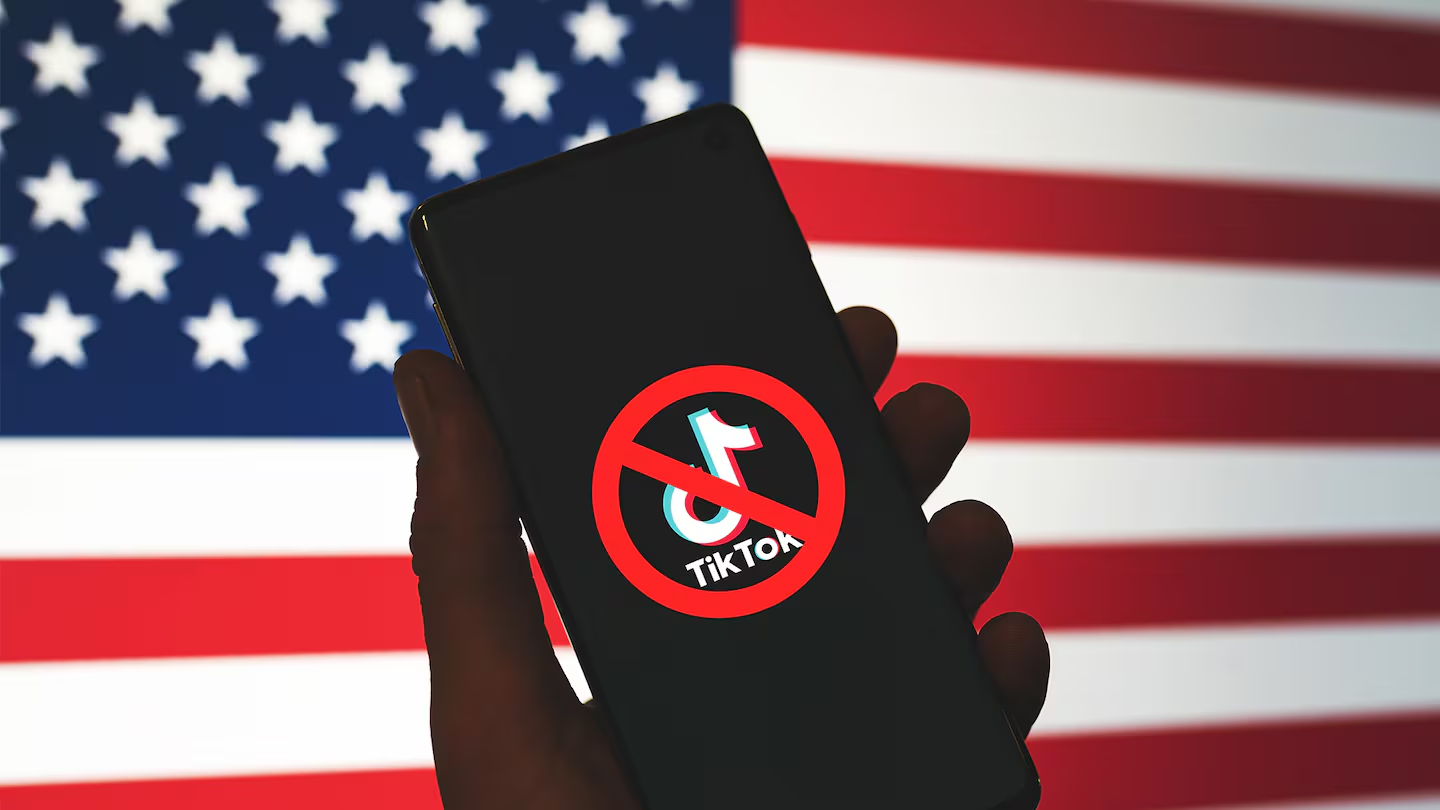The possibility of a ban of TikTok in the United States hangs heavy in the air, threatening to deliver a crippling blow to the livelihoods of countless small businesses and content creators. Early estimates suggest a staggering loss of $1.3 billion in revenue in the very first month after a ban is implemented. This figure paints a bleak picture of the immediate financial fallout from a ban, but the long-term consequences could be even more profound.
The reasons behind the potential ban are multifaceted and complex. National security concerns have been at the forefront of the debate, with some officials expressing anxieties about user data collection practices and potential ties to the Chinese government. On the flip side, the lack of concrete evidence to substantiate these claims has fueled arguments against the ban. Proponents of a free and open internet argue that a ban sets a dangerous precedent, stifling innovation and hindering the ability of Americans to connect and express themselves freely. And the fact that the Chinese government censors and prevents its citizens from accessing and using apps from U.S. companies like Instagram and Snapchat makes the ban on TikTok here in the U.S. seem a little hypocritical.
The true cost of a TikTok ban extends far beyond national security concerns. Small businesses have found a thriving marketplace on the platform. TikTok’s unique algorithm, unlike those of established social media giants Instagram or X (formerly known at Twitter), allows even fledgling businesses to reach a vast and engaged audience organically. This organic reach translates into significant cost savings for small businesses, many of which operate on razor-thin margins. A 2023 study by marketing firm eMarketer revealed that 62% of small businesses utilizing TikTok reported a positive return on investment, highlighting the platform’s effectiveness in driving sales and brand awareness. Now that could all be about to be taken away from them.
The impact on content creators is equally concerning. For many, TikTok has become a springboard to success, fostering careers and generating substantial income. Independent musicians like Nathan Apodaca, who rose to fame with his viral “cranberry juice” skateboarding video, and Khaby Lame, a comedian known for his signature “can’t relate” expressions, are just a few examples of creators who have leveraged the platform to build massive followings and secure lucrative brand deals. A 2024 report by Influencer Marketing Hub found that top TikTok creators can command upwards of $500,000 per post, demonstrating the significant financial potential of the platform.
The burden of a ban wouldn’t fall solely on businesses and content creators. Minority communities, particularly Black creators, stand to lose a vital platform for self-expression and economic empowerment. Essence magazine reported that Black entrepreneurs have used TikTok to not only drive revenue but also to foster a sense of community and belonging, overcoming the systemic barriers often faced in traditional industries.
The potential winners in a TikTok ban scenario are established social media platforms like Instagram and Snapchat. These platforms already compete fiercely for advertising dollars, and a TikTok ban would leave a significant void in the market that would result in them securing more advertising spend. However, the cost of advertising on these platforms is significantly higher, potentially pricing out many small businesses that have thrived on the cost-effective marketing opportunities offered by TikTok.
Ultimately, a TikTok ban would be a lose-lose situation. It would stifle innovation, hinder economic opportunity for small businesses and creators, and disproportionately impact minority communities. The potential national security concerns, while meriting consideration, need to be weighed against the devastating economic and social consequences of a ban. Open dialogue and a fact-based approach are crucial to finding a solution that protects national security interests while safeguarding the vibrant online ecosystem that has flourished on platforms like TikTok. By prioritizing data security measures and fostering international cooperation, a ban could be avoided, allowing TikTok to continue serving as a valuable platform for businesses, creators, and communities across the United States.
TikTok says ban would cost small businesses, creators $1.3 billion in first month

